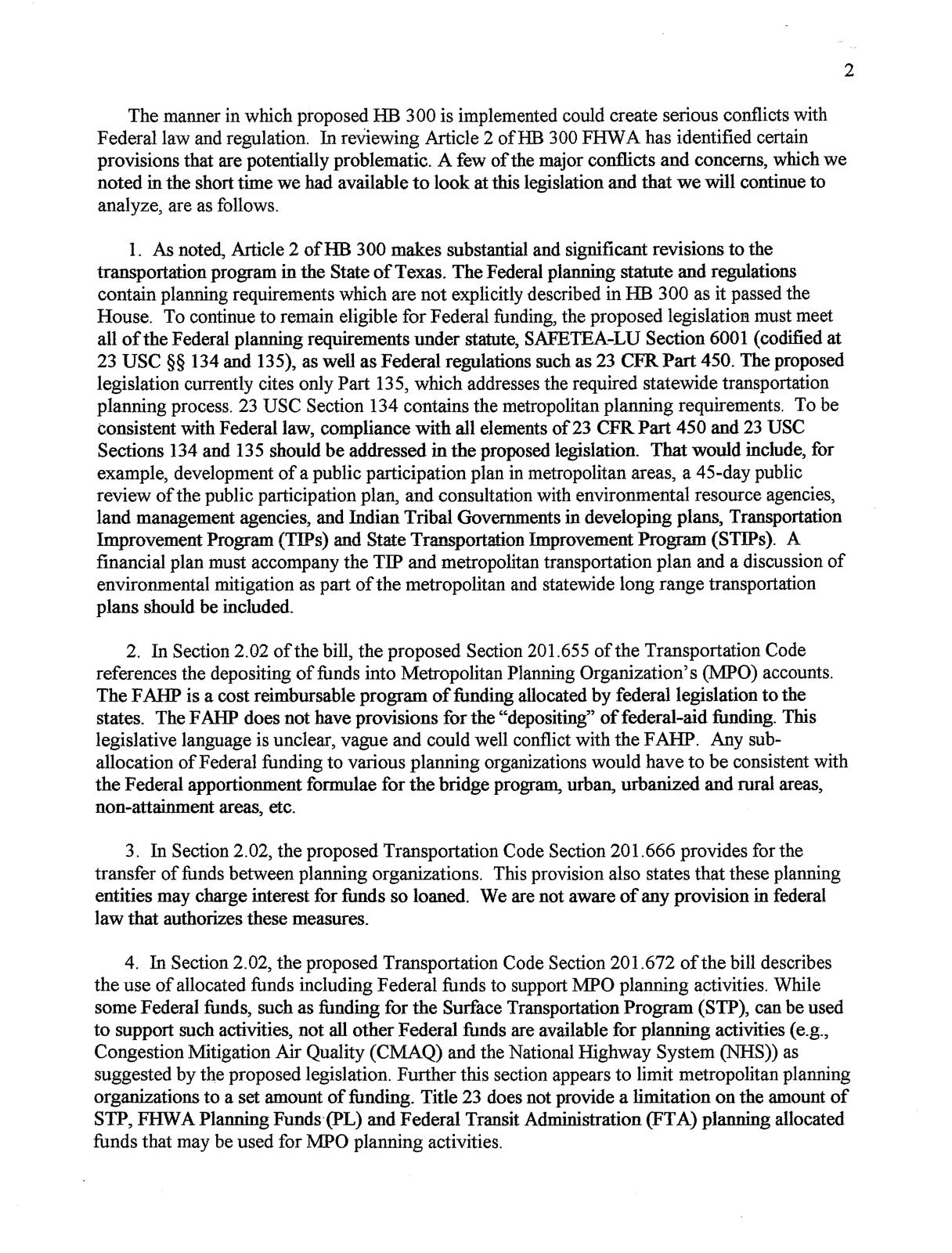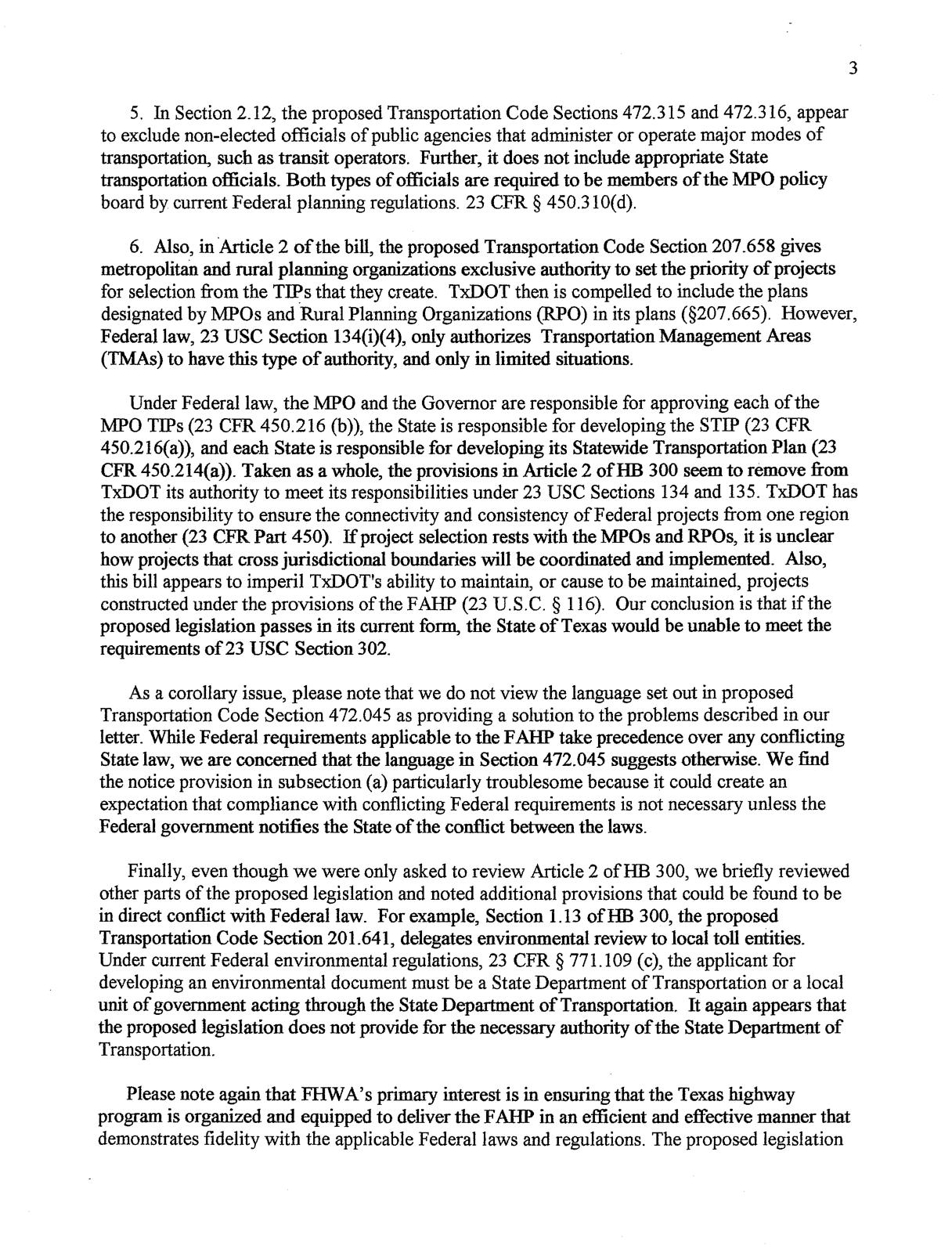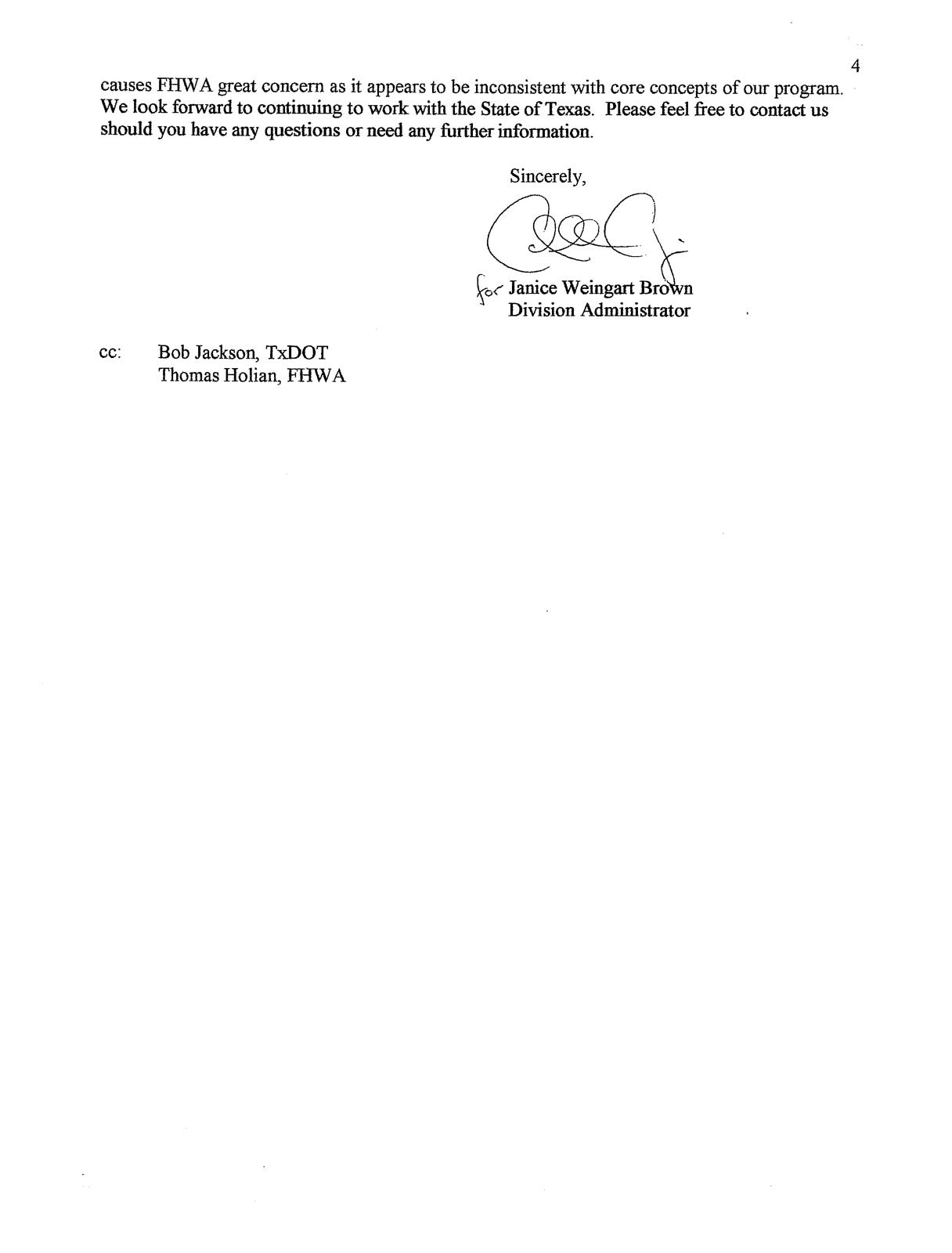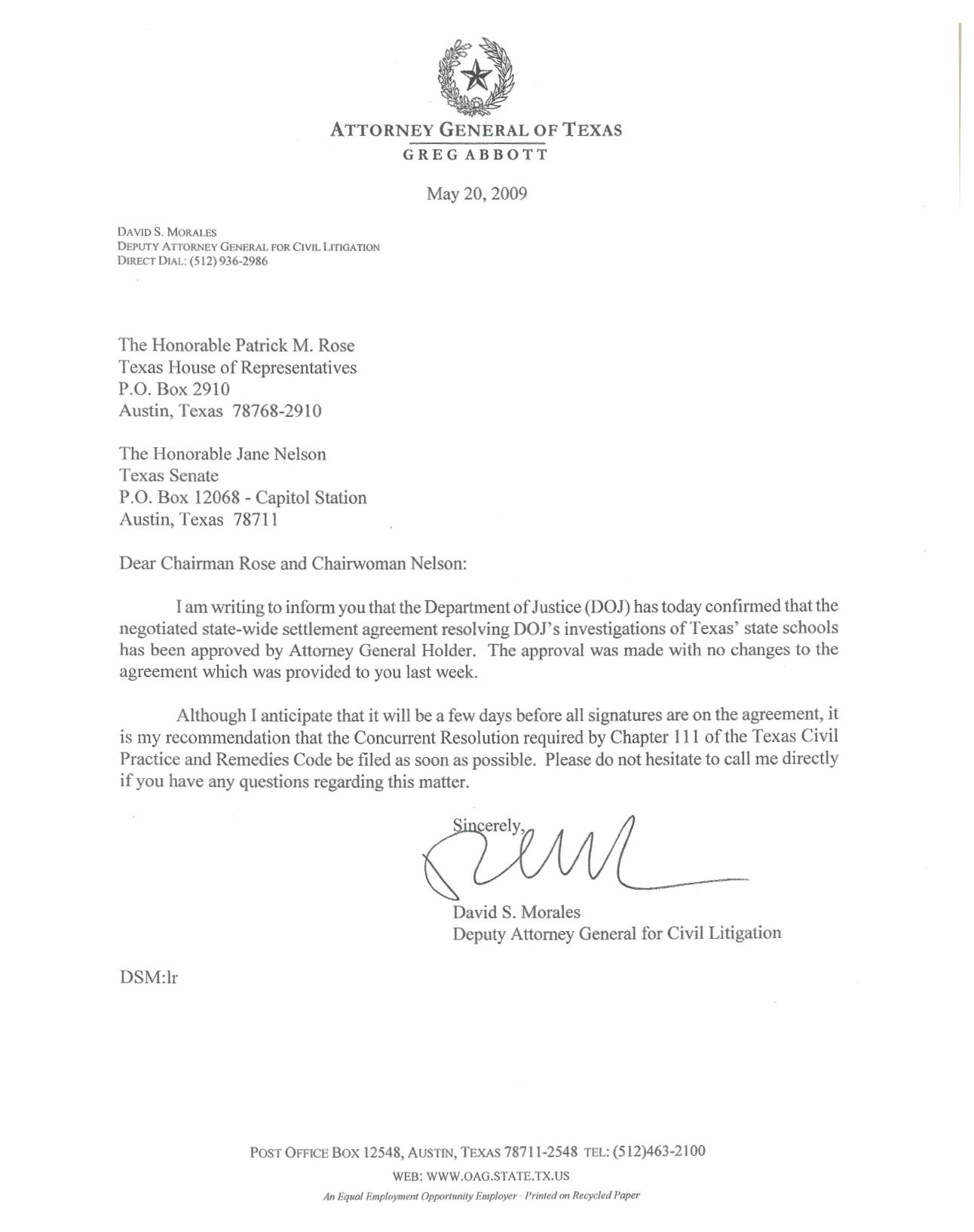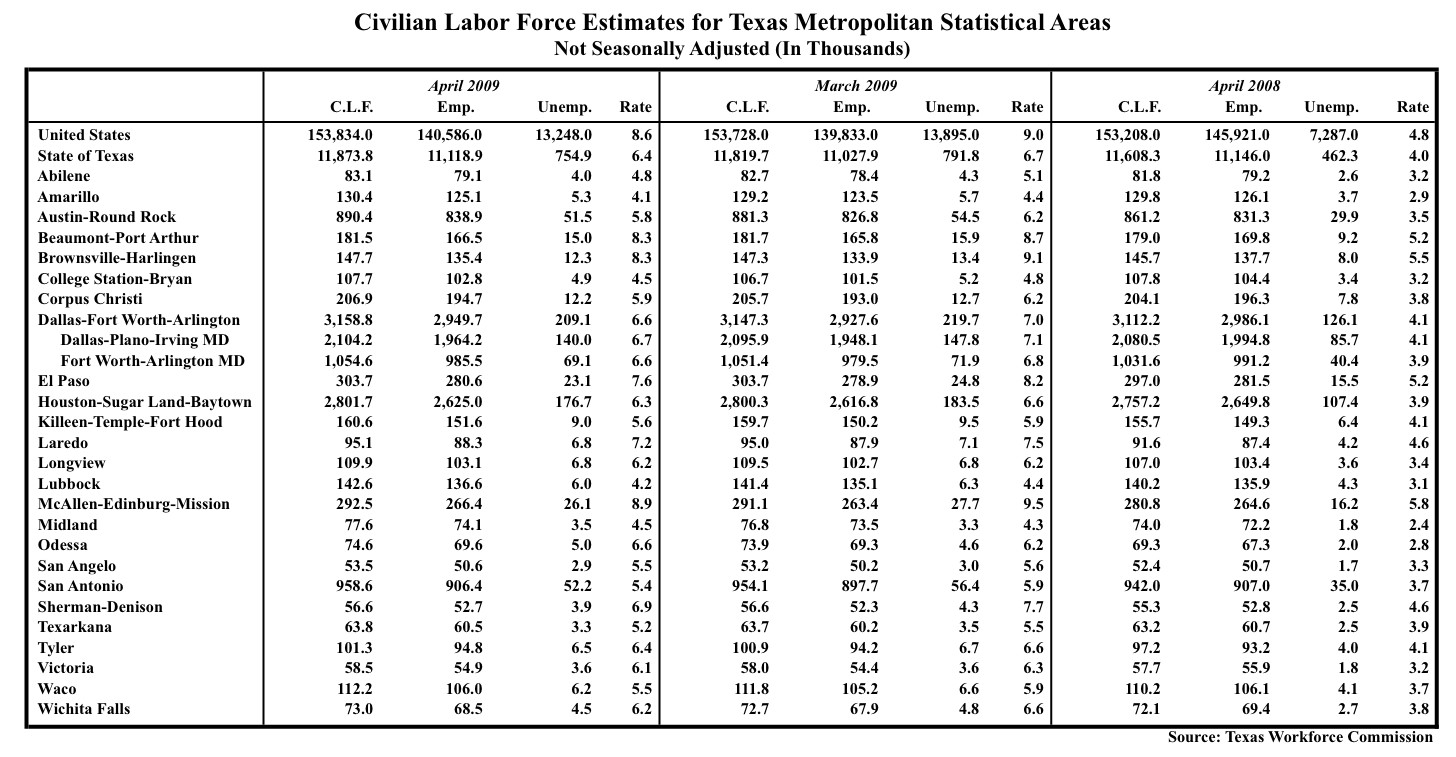Remember the cartoons where the sheepdog and the coyote would meet at the time clock every morning, say hello, ask about the families, punch in, harass each other all day, then greet each other pleasantly as they punched out for the evening?
That's not a bad metaphor for lawmakers right now. There's some time pressure, but they're in pretty good humor.
The first big deadline slipped by this week, with the House working on House bills for the last time this session. The good news, if you measure by volume, is that lawmakers chewed through almost eight pages of the agenda on the deadline day, considering dozens of bills in their march toward midnight. The good news, if you measure by restraint, is that that agenda had 17 more pages and the House left two thirds of those bills in the white paper recycle bin.
The clock killed a lot of House bills, to be sure, but a lot of the next week will involve resurrection and reincarnation, with ideas that appear dead suddenly finding new life attached to Senate bills and conference committee reports.
Dr. Frankenstein did his big project at a time like this.
Senate bills have to clear their House committees during the week ahead and have to win initial approval by midnight on Tuesday, May 26 (so much for your Memorial Day weekend). That'll make supplicants of senators. And everyone in the Lege and the lobby will be trying to find ways to graft their choice issues onto the increasingly scarce pieces of viable legislation.
The budget is still out there, and the deadline by which businesses must pay their corporate franchise taxes is nigh (May 15). That's usually an opportunity for a comptroller to adjust the official estimate of revenue that'll be available for the next two years. But Susan Combs plans no changes to the estimates she made at the beginning of the session. Revenue, for budgeting purposes, is locked down. And the House and Senate conferees are closing up their work, writing in money for CHIP expansion, finding middle ground on Medicaid funding and settling other differences.
Expect fights over the voter ID bill and the sunset legislation for the Texas Department of Insurance, first in the House and, potentially, when the House's work gets to the Senate for inspection. Voter ID is the closest you'll get to a party-line fight this session — more on that in a moment. And the insurance bill will divide partly on party lines, partly on business/consumer lines, partly on tort reform/trial lawyer lines.
The list of agencies with unfinished sunset bills is shrinking, but big ones remain: insurance, transportation, the state police, and racing all still remain.
Another, quieter deadline will pass at mid-week: It will be too late for lawmakers to override anything vetoed by Gov. Rick Perry after that point. And the governor's veto power continues for another 20 days after the session ends.
Your Photo Here
The Voter ID bill passed by a House committee probably can't win a majority of the full House, according to its author. Rep. Todd Smith, R-Euless, waited until close to the deadline to pass the Senate's version of the Voter ID legislation, after trying for weeks to win a compromise on a version that's acceptable to moderates in the House.
Nobody, including Smith, is exactly sure what version might be able to get a majority on the House floor. In his committee, what passed was the version most Republicans appear to want.
He says he and others will offer amendments when the bill gets to the floor — probably next week. And he says the bill won't pass unless it's acceptable to the moderates in the House, since their votes will likely make the difference in a legislative body that's almost evenly split on partisan lines. The people on the right and left can't get a majority without the people in the middle, he says: "You have to have significant numbers of people on both sides of the aisle accept the notion that it's going to be something other than a partisan cram-down."
Smith's Elections Committee voted 5-4 for the same bill passed earlier by the state Senate. The vote didn't break exactly along party lines, with Democrat Joe Heflin of Crosby, voting in favor (with four Republicans) and Republican Dennis Bonnen of Angleton voting, with three Democrats, against it.
Heflin said he wanted to move the bill along to the full House, but wasn't expressing his support of the idea (he voted against similar legislation two years ago). And Bonnen said he wanted a much tougher version than the committee approved. He'll offer a complete rewrite when the bill gets to the floor. And, he said, he'd have voted in favor of the bill had Heflin not tilted the scales without him. He wanted to register displeasure, he said, but didn't want to kill the bill.
Smith tried to win support for a photo ID bill that would let voters substitute two non-picture IDs from an approved list of documents. Bonnen and other conservative Republicans are pushing for a bill that would count votes of people with picture IDs while putting the votes of those with other identification in a "provisional" vote stack, to be counted only if there are enough provisional votes to swing an election.
Things in Motion
The House narrowly okayed a workers' compensation bill inspired by a pair of Texas Supreme Court rulings. In Entergy v. Summers, the court said an injured worker can't sue a premises owner if that owner is acting as its own general contractor and also has workers' comp coverage. The court's first ruling in the case was unanimous. They agreed to rehear it and lost three from the majority, but the second ruling was essentially the same. The House bill by Rep. Helen Giddings, D-Dallas, would make it clear that a premises owner is liable for such accidents and can't escape legal responsibility by calling itself a general contractor. They were divided almost evenly on the bill. The preliminary vote? 75-69. The final vote? 73-71.
• Dallas is a step closer to getting another law school. Legislation creating a downtown Dallas school attached to the University of North Texas got through the House and already went through the Senate. The versions are slightly different, and the startup also depends on funding in the next budget.
• The Department of Public Safety's sunset bill got through the House's first deadlines, after Rep. Lois Kolkhorst, R-Brenham, pulled out a section that set up different drivers licenses for citizens and non-citizens. The Texas Racing Commission's fate is tied up in the Senate version, as the House version didn't come together before the clock struck midnight on House bills. And one agency's in line for a name change: The Office of Rural and Community Affairs would become the Texas Department of Rural Affairs if the House goes along with a Senate proposal that passed this week. Oh, and the Texas Department of Transportation got a new 'do in the House: If that version stands, the agency will have a 15-member board with a chair elected statewide and 14 members elected from geographic districts. The Senate's version has an appointed board.
• Rep. Ruth Jones McClendon, D-San Antonio, worked her way around parliamentary technicality — a point of order — to tentatively pass her version of an "innocence commission" that would investigate all "post-conviction exonerations" to find out what went wrong in the prosecutions.
• Now there are two versions of "buy-ins" for families that want to get coverage in the Children's Health Insurance Program, or CHIP. The House plan, if finally approved there, would allow families at 200 to 300 percent of the federal poverty level to pay premiums to get into CHIP by paying a premium to cover part of the costs. (The current eligibility cap for CHIP is 200 percent of the federal poverty income.) Families with household incomes between 300 and 400 percent of the federal poverty level could participate by paying a premium to cover the full cost (what the state pays for subsidized coverage), but only if they'd previously been in CHIP or the Medicaid plan and only if they couldn't get access to health insurance elsewhere. There would still be an asset test to guard against including people with material wealth and low incomes, but the House voted to exempt the value of one family car — no matter what it's worth — from that test. The Senate passed a different version earlier.
• Sometimes, the skids are greased. Sen. Kip Averitt, R-Waco, filed a new bill on Wednesday and it was introduced and referred to the Senate Business & Commerce Committee that day. On Thursday morning at 9 o'clock, the committee met and voted it out. SB 2585 extends insurance premium tax credits for insurers that invest in companies — certified capital companies, or CAPCOs — that, in turn, invest in particular types of small businesses and startups. The credits will cost the state $200 million starting in 2015.
Things at Rest
The House Calendars Committee is still sitting on an unemployment insurance bill that would uncork $556 million in federal stimulus money.
That measure got through the Senate but chills the heart of Gov. Rick Perry, who says the requirements are too costly. Add to the debate a district-by-district analysis of the bill from the Center for Public Policy Priorities. In HD-22, represented by bill sponsor Joe Deshotel, D-Beaumont, for instance, the stimulus would add up to $2.5 million in annual unemployment benefits. Actual mileage varies by district, but you get the idea.
The legislation — SB 1569 — is also the only way to change another UI provision that would qualify the state for $250 million in federal funds that don't have any strings attached, according to CPPP. Texas has to make a statutory change to get that money, but it's a change that wouldn't add to the costs of the UI program. With only a couple of weeks left, that's the only available vehicle, unless lawmakers suspend a mess of rules to get a single-shot fix through the system.
• Rep. Jose Menendez got his poker bill all the way to the floor of the House on the last day it could be considered. But the San Antonio Democrat, saying he'd been promised a gubernatorial veto, told the House he wasn't going to ask them for a vote and pulled down the proposal. "You need to know when to hold them, and you need to know when to fold them." The bill would have allowed card rooms and started state regulation of poker games.
• The ban on smoking in workplaces, bars and restaurants appears dead in the House and the Senate hasn't voted on it yet. That is to say: The Senate version is probably the only one that has a chance, and time is running out. Smoke-Free Texas, which is pushing the bill, has resorted to shame, pointing out that Wisconsin and North Carolina joined the ranks of states with similar laws just this week.
The Political Front
The state's senior U.S. senator apparently has an itchy trigger finger — she's breaking her campaign vow to avoid commenting on what's going on during the session.
After video footage of the "fight club" in the Corpus Christi State School became public, Kay Bailey Hutchison's campaign tried to hang the mess around Gov. Rick Perry's neck as proof of his "failed leadership." Her campaign manager, Rick Wiley, kept going: "Perry was first notified that the U.S. Department of Justice was investigating allegations of abuse in the state school system over four years ago. Since then, the problem has only gotten worse and Perry has done nothing to address it. All Texans deserve better than this appalling failure of leadership but specifically those who are the most vulnerable among us." With a geographical difference, it's the same campaign Perry's running against Hutchison, blasting the federal government and tying its shortcomings to her.
• On the circuit: U.S. Senate explorer Roger Williams will give the commencement address at Lamar University this weekend. The former Texas Secretary of State is one of several Republicans who wants the job when Kay Bailey Hutchison gives it up. Hutchison is sending off the graduates at Sam Houston State University. Gov. Rick Perry will do the honors at Prairie View A&M University. The South Texas College of Law got Houston Mayor Bill White, who wants to run for the Hutchison seat as a Democrat.
• Houston attorney Richard "Racehorse" Haynes and Austin beer distributor and former City Councilman Lowell Leberman Jr. have jumped into the Kinky Friedman remix. They join former Texas Agriculture Commissioner Jim Hightower in the entertainer's attempt to win the governor's race as a Democrat.
• Democrat Tom Schieffer talked to a crowd of 250-300 supporters and gawkers at Austin's Scholz Garten, and if you want to hear that gubernatorial candidate's basic pitch at this point, we've got audio (and we'll do this with other candidates as the race progresses). Here's a listen: His speech, and his scrum with reporters.
Wanted: Health Czar
Albert Hawkins, who oversaw the consolidation of the state's health and human service agencies in 2003 and has presided over them ever since, will retire sometime this summer.
Gov. Rick Perry hasn't named a replacement, and aides say several candidates are still in the running. Hawkins' current term at HHSC ended in February. He wasn't reappointed, aides said, because he had already told the governor he planned to retire. The appointment requires Senate consent; if someone is nominated while lawmakers are here, they'd have to win that consent before the end of the session to keep the job. Someone nominated after the session is over could hold the post until at least the end of the next legislative session.
Hawkins, 56, worked at the Legislative Budget Board from 1978 to 1994 and joined then-Gov. George W. Bush's staff as budget director. He followed Bush to Washington, D.C., as secretary to the president's cabinet, and returned in 2003 to take over the newly created Health and Human Services Commission, which oversees five agencies with about 50,000 employees. Hawkins hasn't said what he'll do after he leaves, and his exact departure date hasn't been determined.
Recovering
Edmund Kuempel, R-Seguin, was found in an elevator near the House chamber, revived with a defibrillator, and taken to an Austin hospital shortly before 11 p.m. Tuesday night. The House, which had expected to work until midnight, abruptly adjourned as word spread.
After he was treated by Rep. John Zerwas, a Richmond anesthesiologist and House member, and emergency medical crews, Kuempel was taken to University Medical Center Brackenridge, just blocks from the Capitol. Doctors there induced a coma, got everything stabilized and planned to slowly bring him back to consciousness by the end of the week. As we reached deadline, he was still unconscious but the reports from the hospital were promising.
The Central Texas lawmaker is 66 years old. He took office in 1983 and ranks 5th in seniority in the 150-member House. He was in the running for Speaker late last year and early this year, and was one of 11 Republicans who met on a Friday night in January, chose from among themselves and elevated Joe Straus in what turned out to be a successful challenge to Speaker Tom Craddick.
Kuempel chairs the Licensing and Administrative Procedures Committee, a blandly named panel that oversees gaming and other high-octane legislation. He's also a member of the agenda-setting Calendars Committee. He spent the beginning of the week trying to rustle up the handful of votes he said he needed to pass a constitutional amendment that would allow casino gambling in Texas. He didn't have them, but he was in light spirits. And everybody he talked to walked away smiling, just like always.
Political People and Their Moves
Dr. William Henrich is the sole finalist for the presidency at the UT Health Science Center at San Antonio. He'll succeed Dr. Francisco Cigarroa, who was promoted to chancellor of the UT System earlier this year.
Alan Bernstein, the Houston Chronicle's local political writer (and a 29-year veteran of that paper) is leaving the People of Ink behind and joining Harris County, where he'll head government relations and communications for Sheriff Adrian Garcia.
Bounced: Shanda Perkins, nominated by Gov. Rick Perry for a spot on the Texas Board of Pardons and Paroles. That's a full-time job that pays $95,000 per year, and the Senate decided she's not qualified and voted, 27-4, against her confirmation. The back story: Perkins is a political activist from Burleson who was accused of spurring an investigation into another woman who was selling sex toys at parties. The courts threw out that case; Perkins told senators she didn't initiate the complaints.
Sentenced: Former U.S. District Judge Samuel Kent, for lying under oath after he was accused of sexually harassing two female aides, to 33 months in federal prison. There's a twist: He hasn't resigned, or been impeached, and will continue to collect his salary until one of those things happens.
Appointed, by Gov. Rick Perry (and noting that all appointments made during a session have to be approved in that same session, or the candidates are busted, a sign that the Guv's pretty sure about these):
• Insurance Commissioner Mike Geeslin to another two-year term in that job.
• Light Townsend Cummins of Austin College in Sherman as the Texas State Historian.
• Ellis Matthew Skinner II of Spicewood, who runs an eponymous contracting company, to the board of regents at Texas State Technical College System.
• Greg Bailes of Bee Cave as presiding officer of the Texas State Board of Public Accountancy. Perry reappointed James Flagg, an associate prof at Texas A&M, to that board. And he named four new members, including Ray Ferguson of Abilene, Jon Keeney of Taylor Lake Village, Maribess Miller of Dallas, and Thomas Prothro of Tyler to that board. Keeney is a consultant; all the others are accountants.
Deaths: State District Judge Scott Ozmun, an attorney and former Travis County Democratic Party chairman, of cancer. He was 50.
Quotes of the Week
Gov. Rick Perry, to Patricia Marcouiller, who was on the floor taking care of Stump, a champion Sussex spaniel visiting the Capitol: "There is nothing I like better than having someone in my office on their knees. You know they're in there beggin.'"
Rep. Charlie Howard, R-Sugar Land, on selling lotto tickets where alcohol is sold: "What we're saying is that we're going to get people intoxicated to entice them to purchase lottery tickets."
Rep. Warren Chisum, R-Pampa, in response: "Would it be alright if we just got their money away from them so they couldn't buy more booze?"
Comptroller Susan Combs, talking about the Texas economy, quoted in the Wichita Falls Times Record News: "We're doing better here, so we feel better. If we feel better, we go shopping."
Rep. Sid Miller, R-Stephenville, on feral hogs and his proposal to allow Texans to hunt them from helicopters: "They are the new fire ant."
Texas Weekly: Volume 26, Issue 19, 18 May 2009. Ross Ramsey, Editor. Copyright 2009 by Printing Production Systems, Inc. All Rights Reserved. Reproduction in whole or in part without written permission from the publisher is prohibited. One-year online subscription: $250. For information about your subscription, call (512) 302-5703 or email biz@texasweekly.com. For news, email ramsey@texasweekly.com, or call (512) 288-6598.



